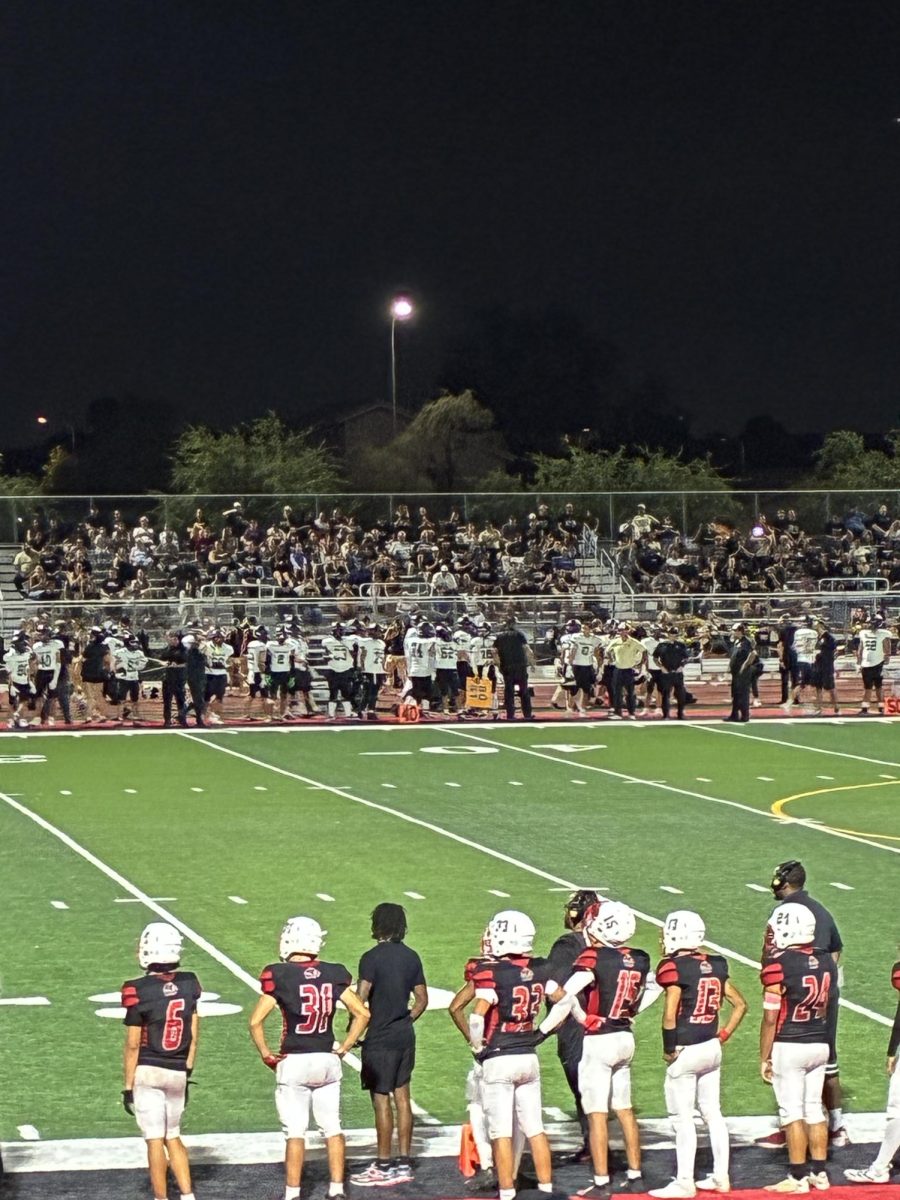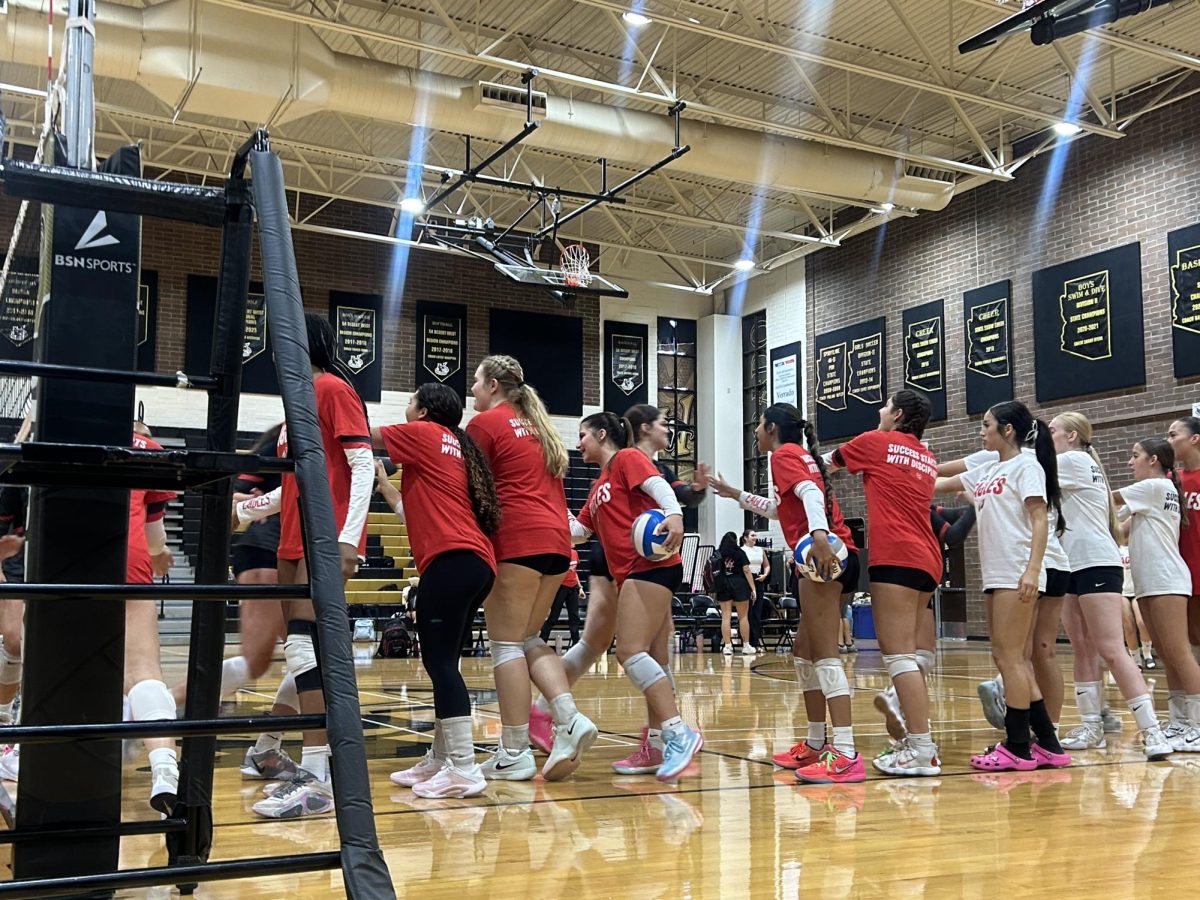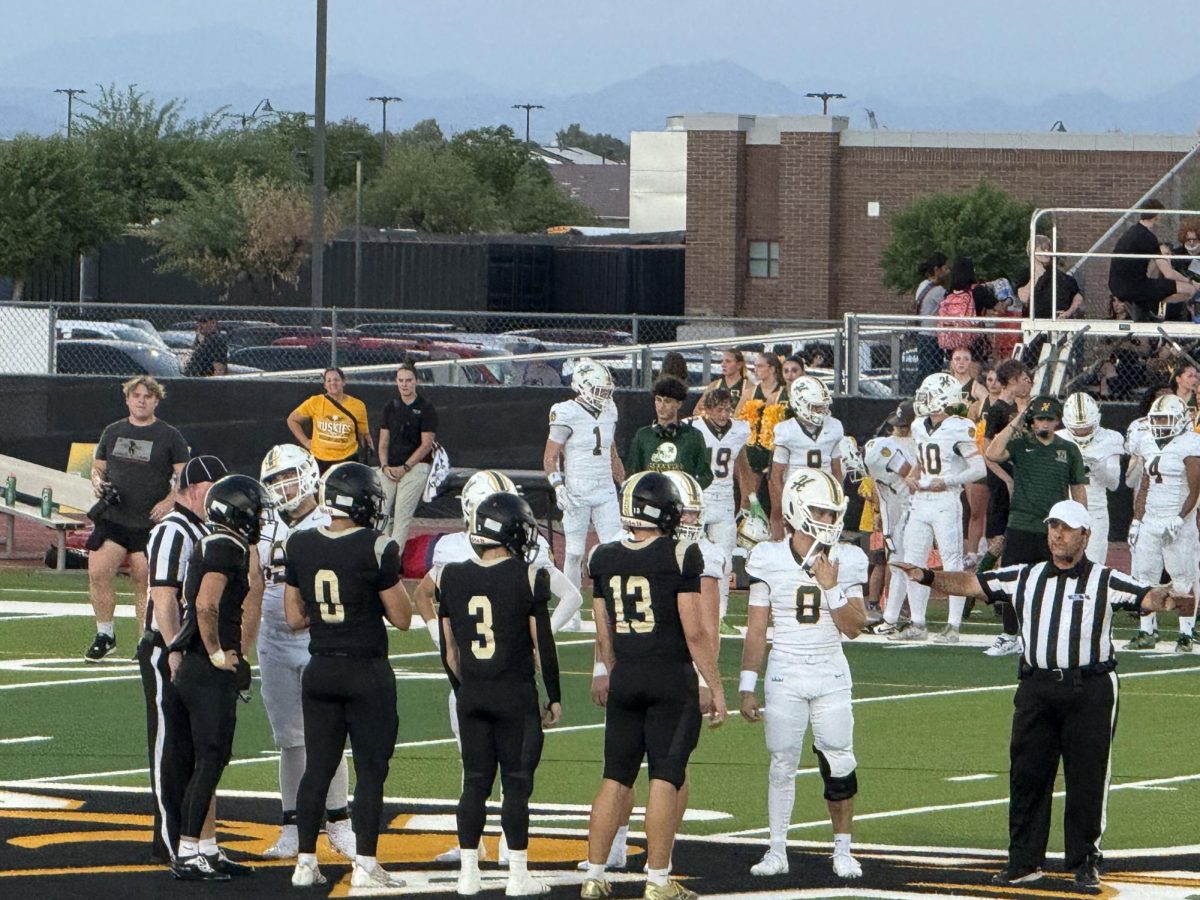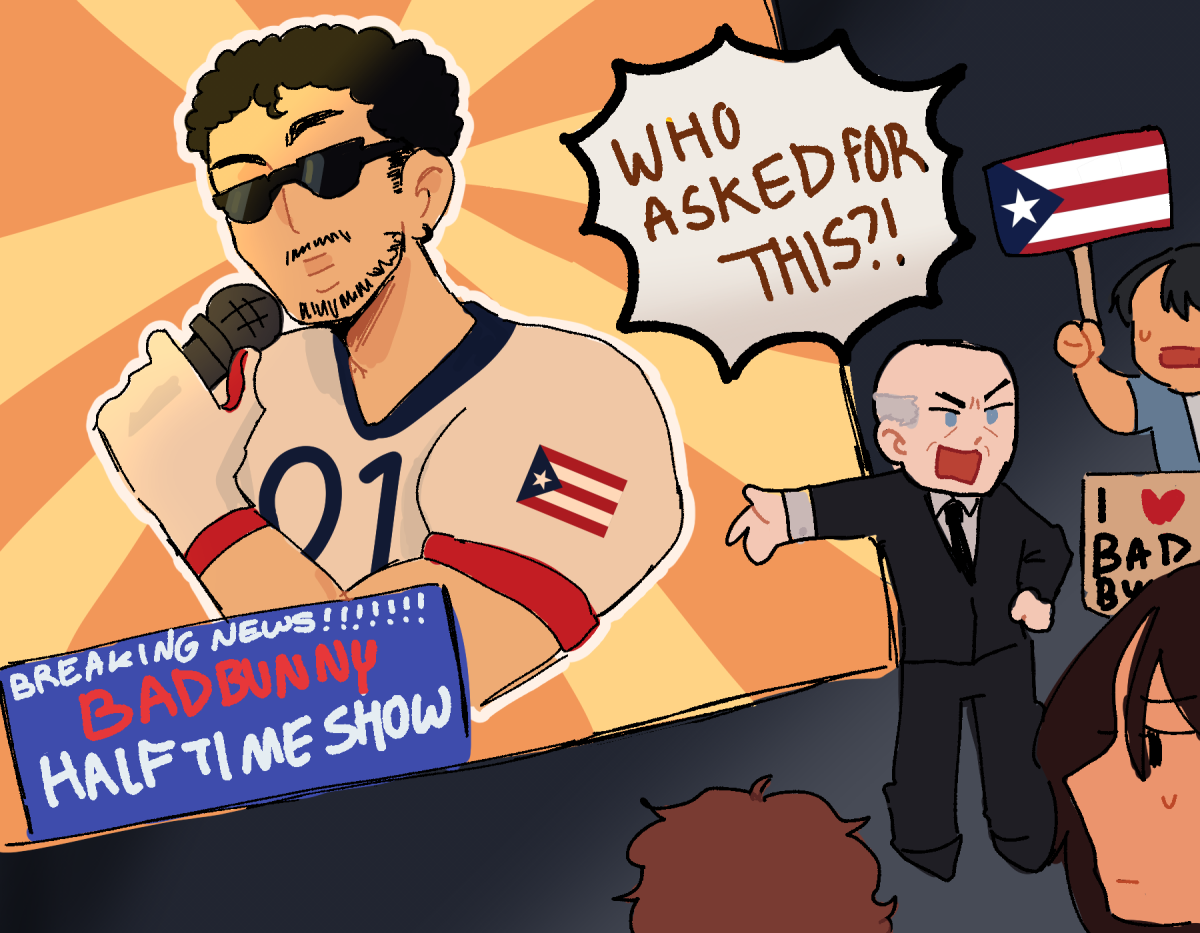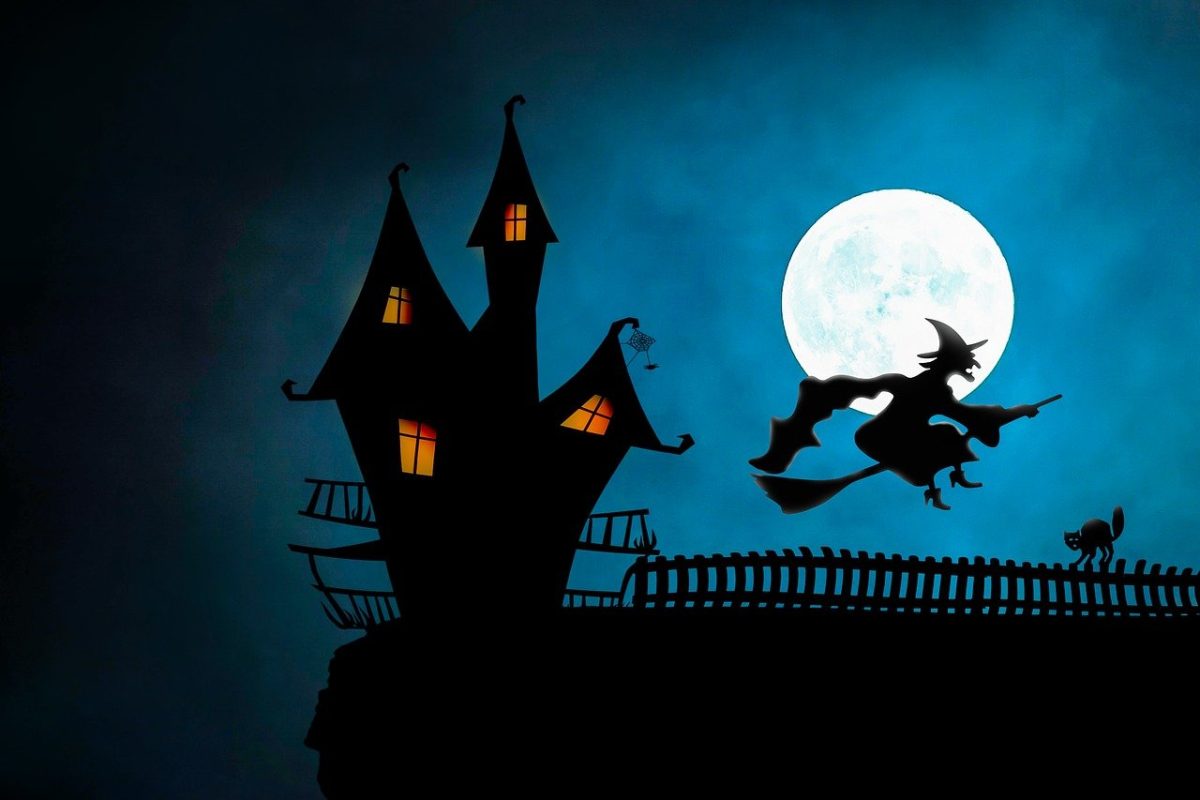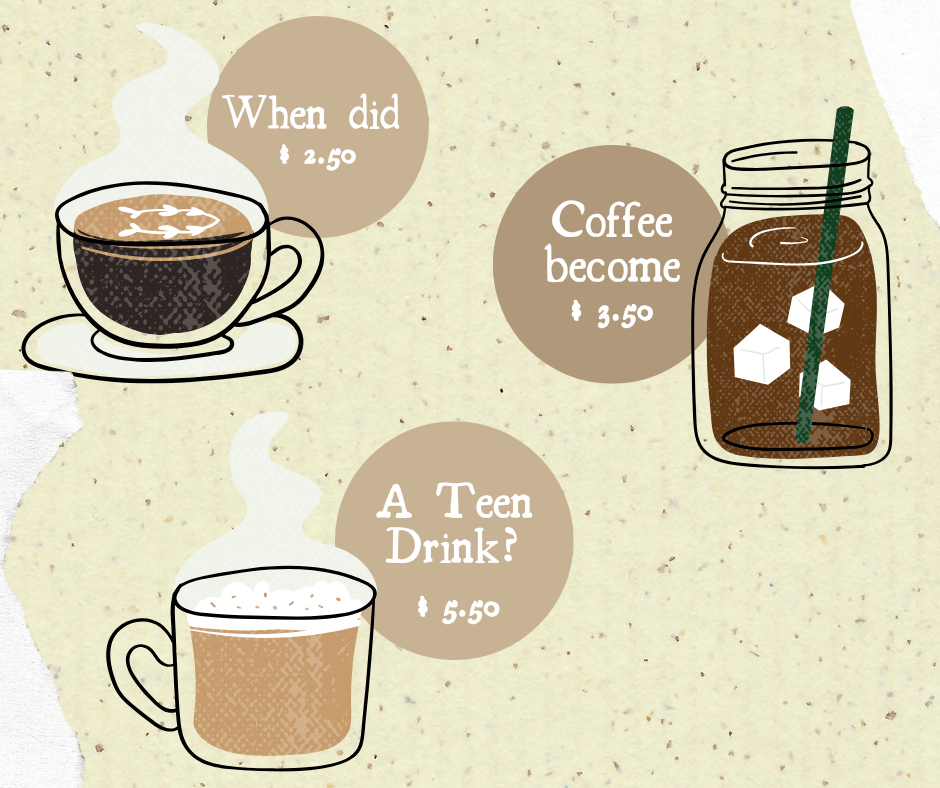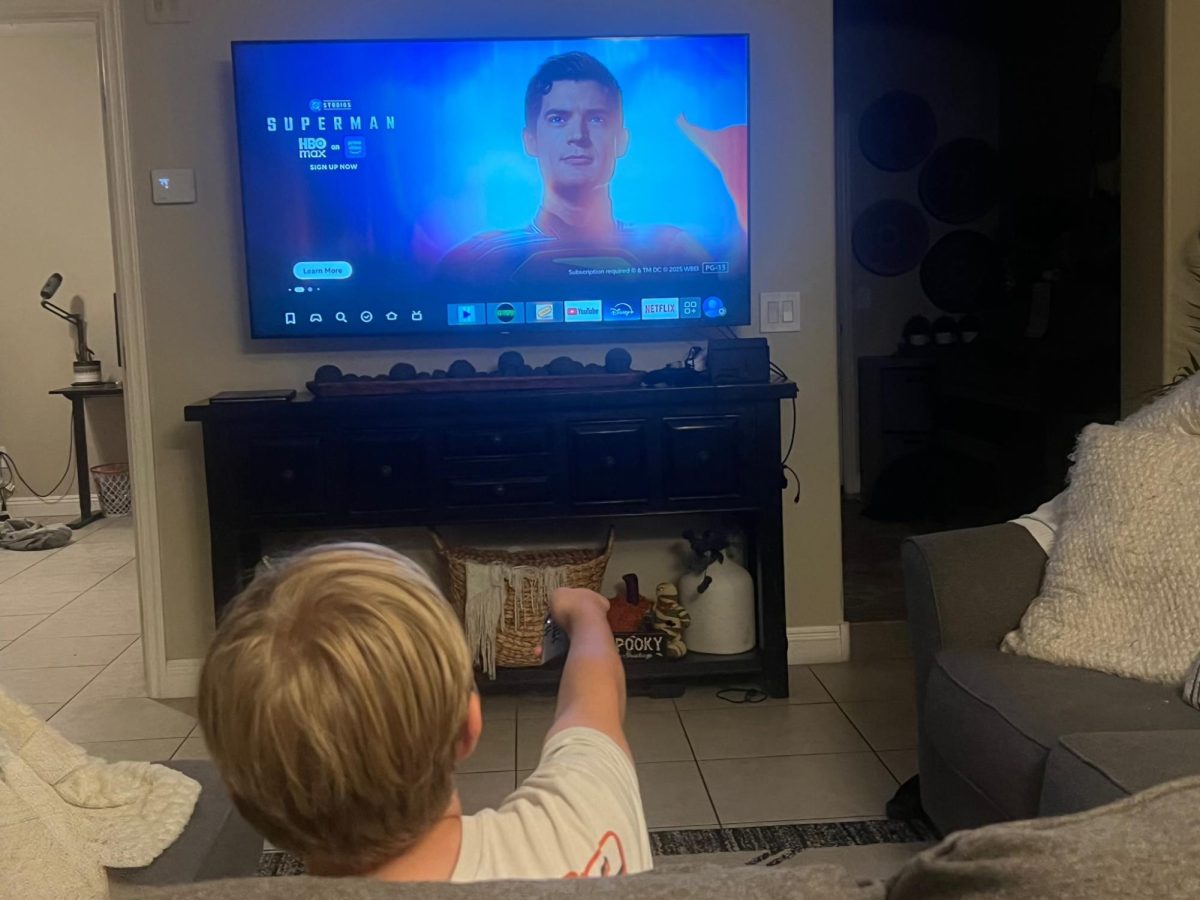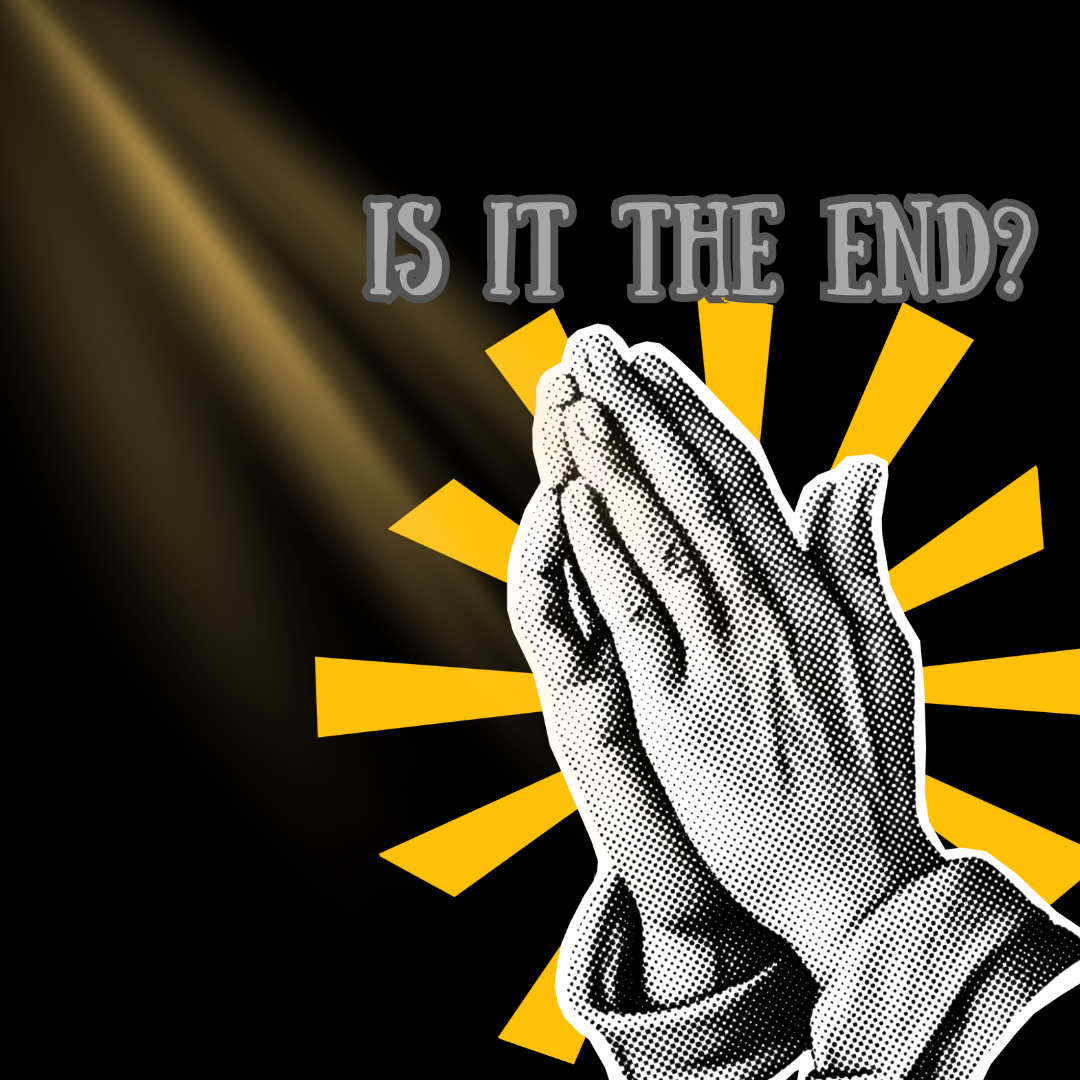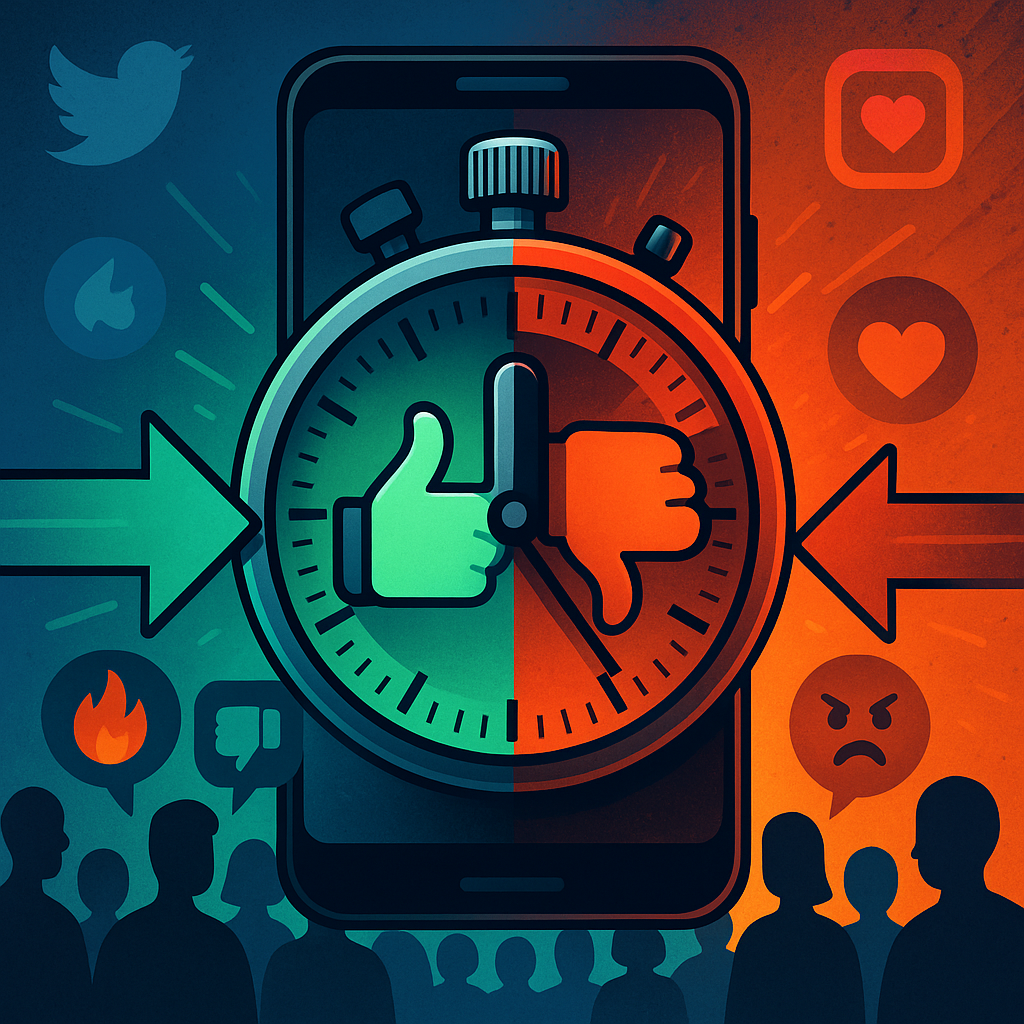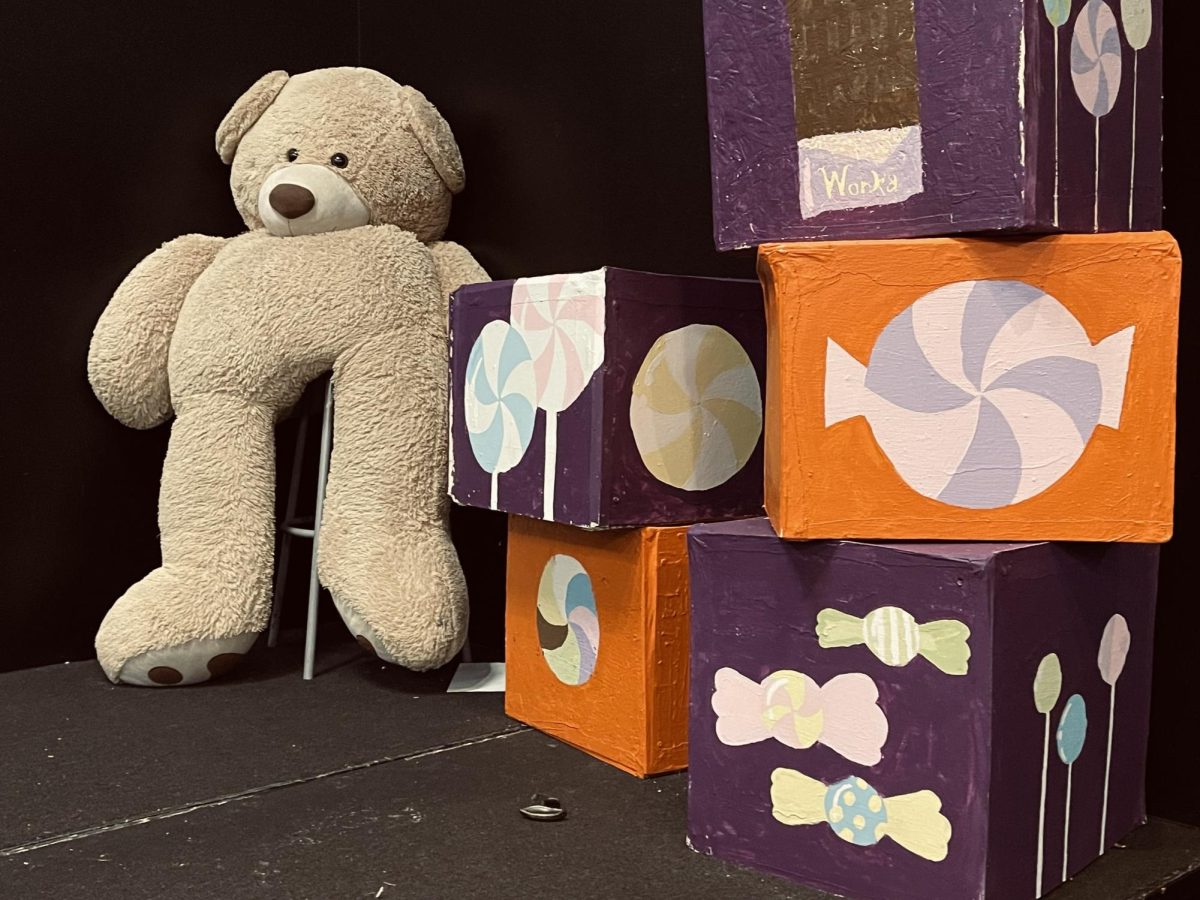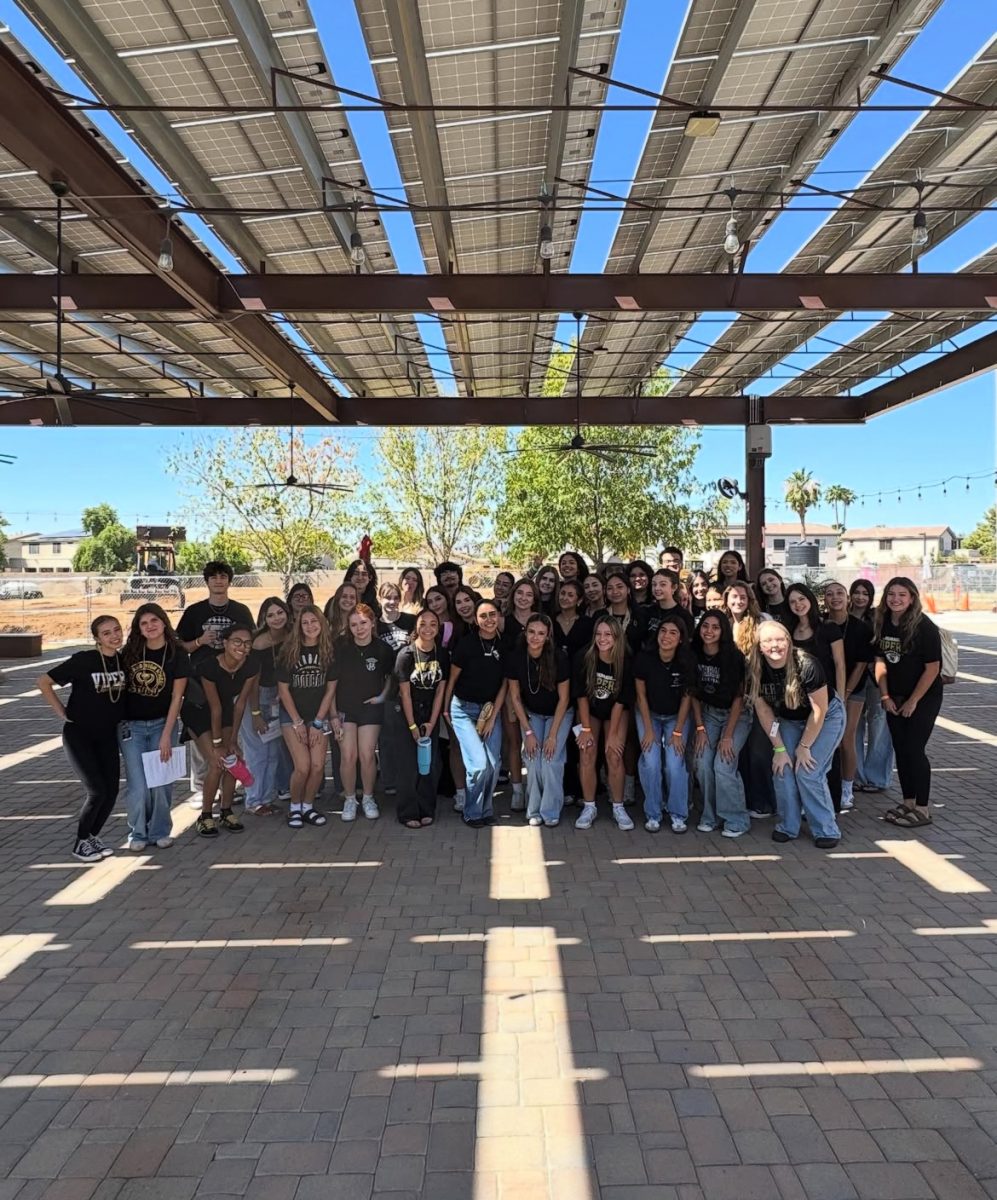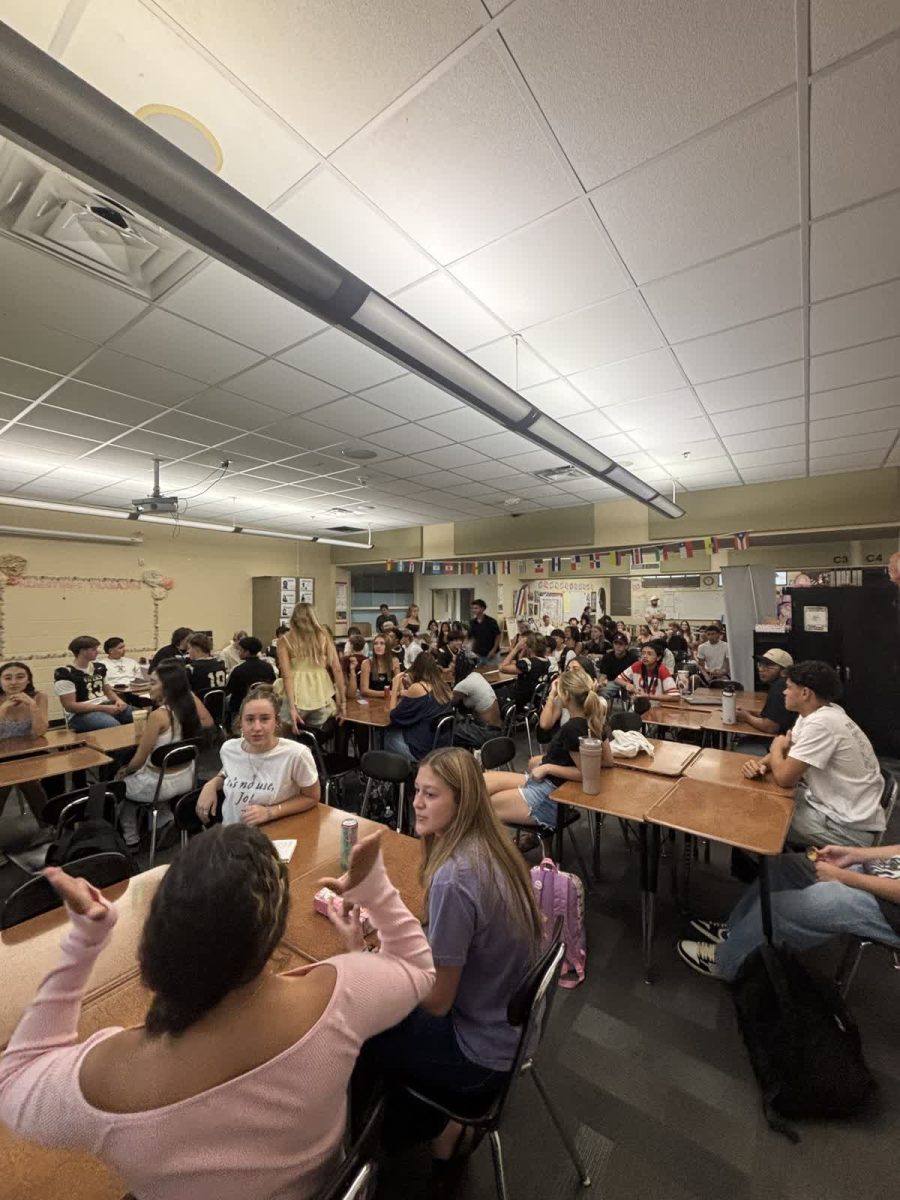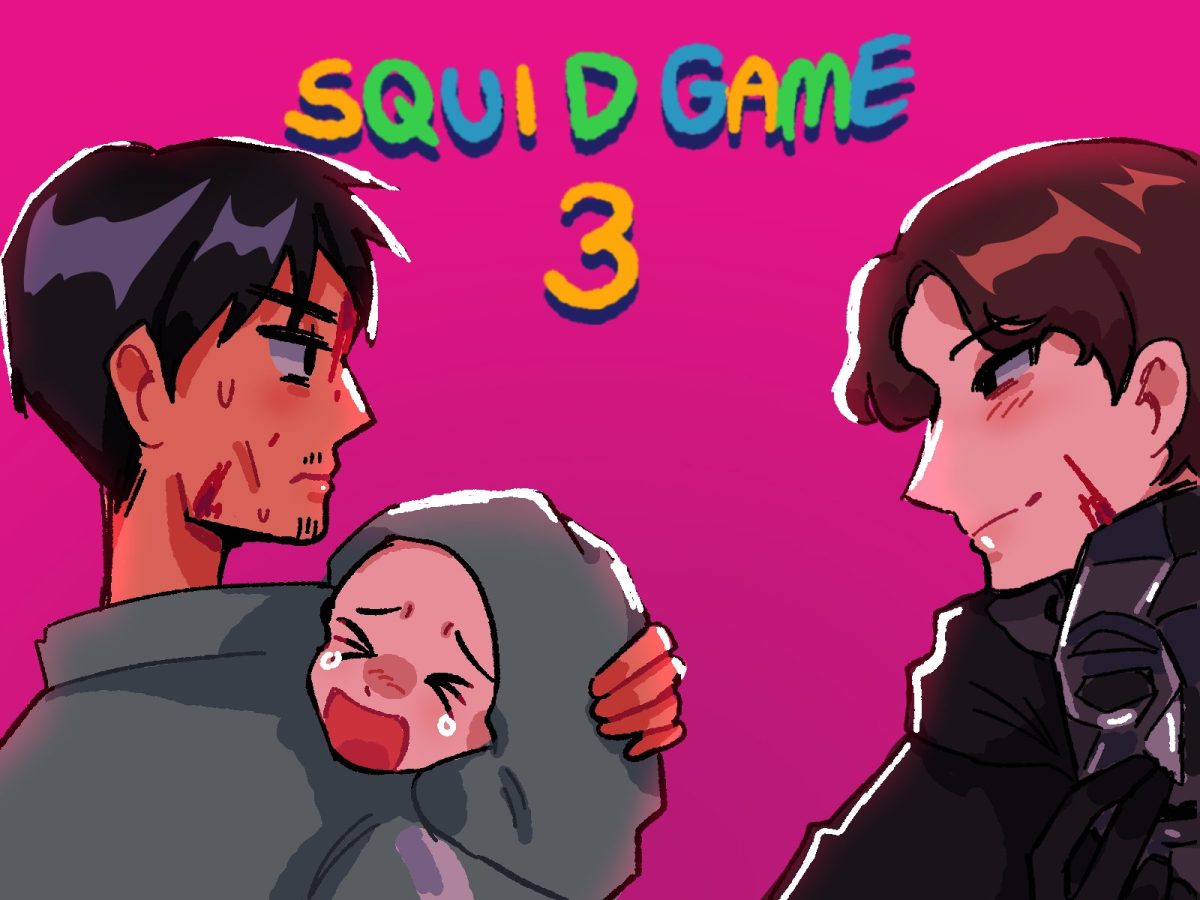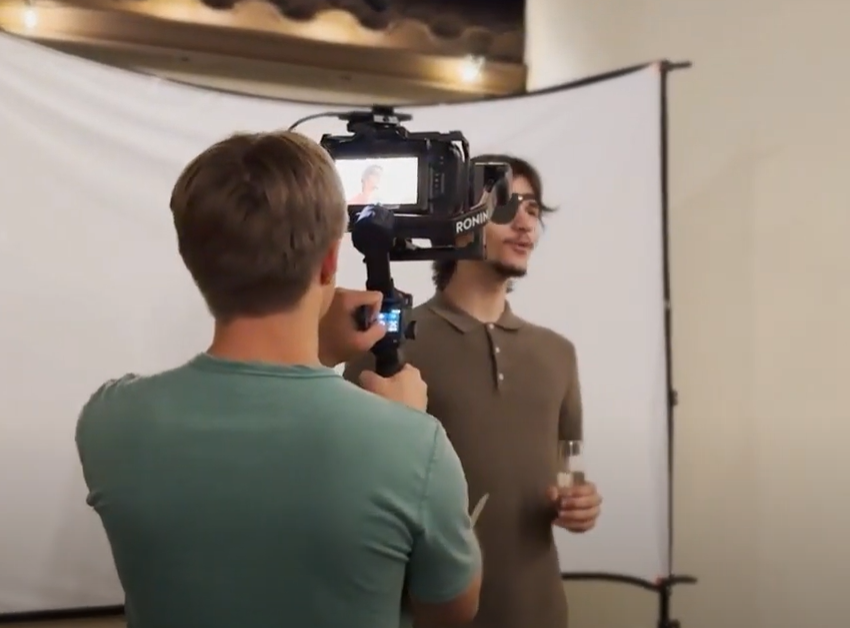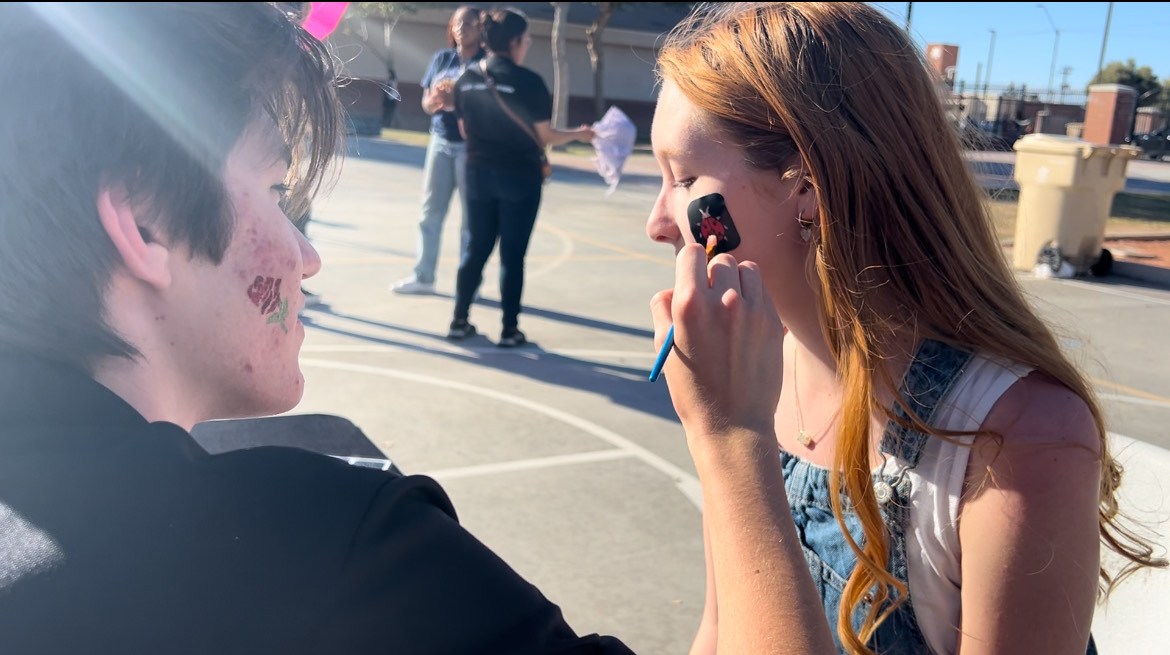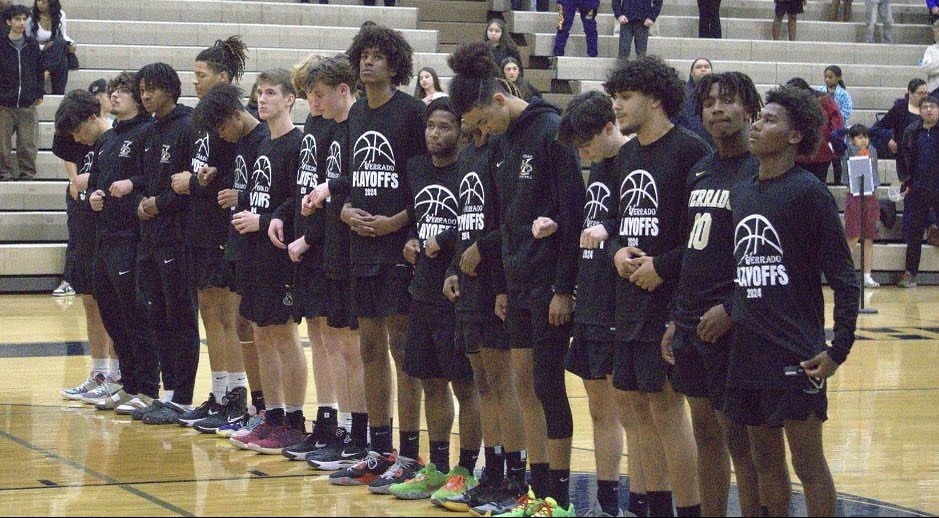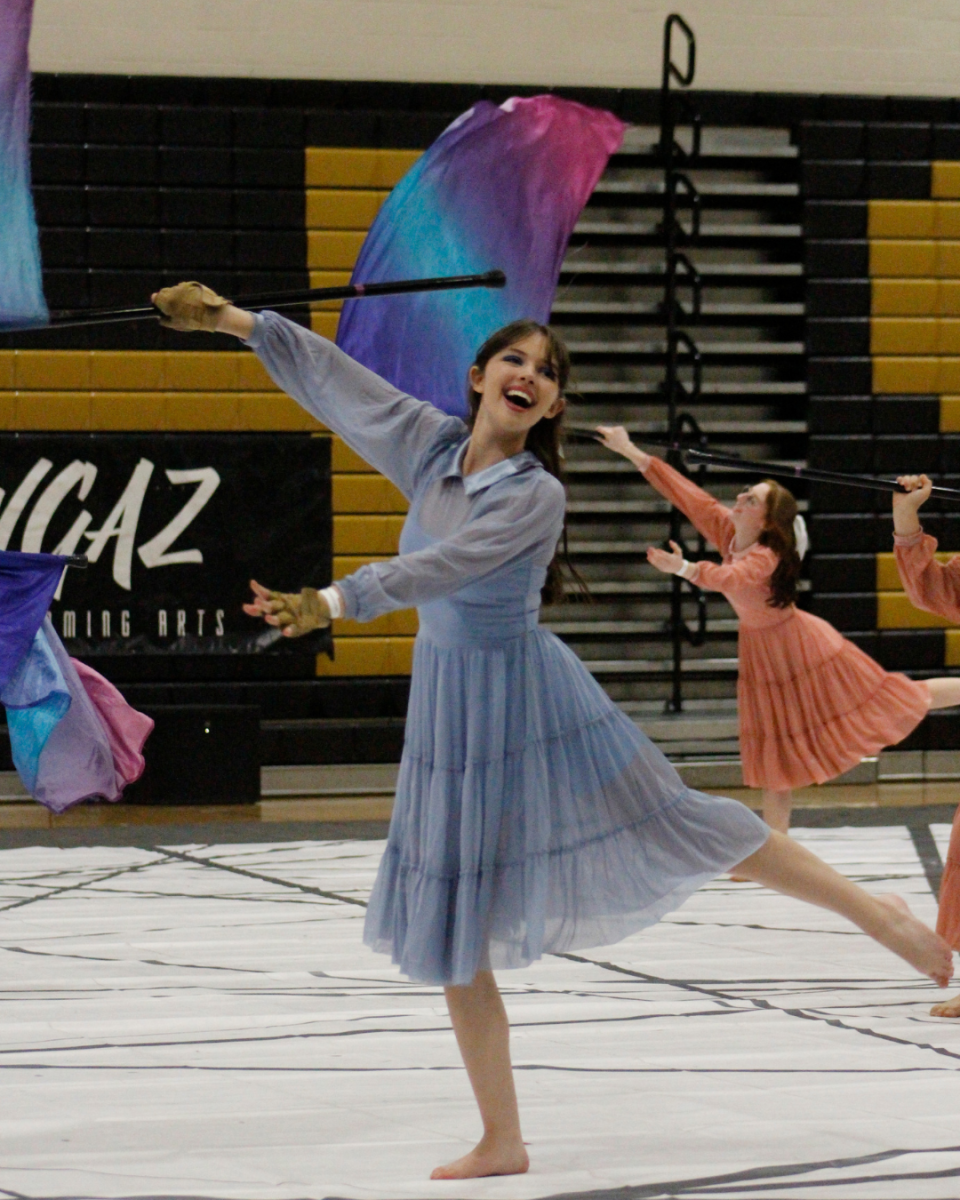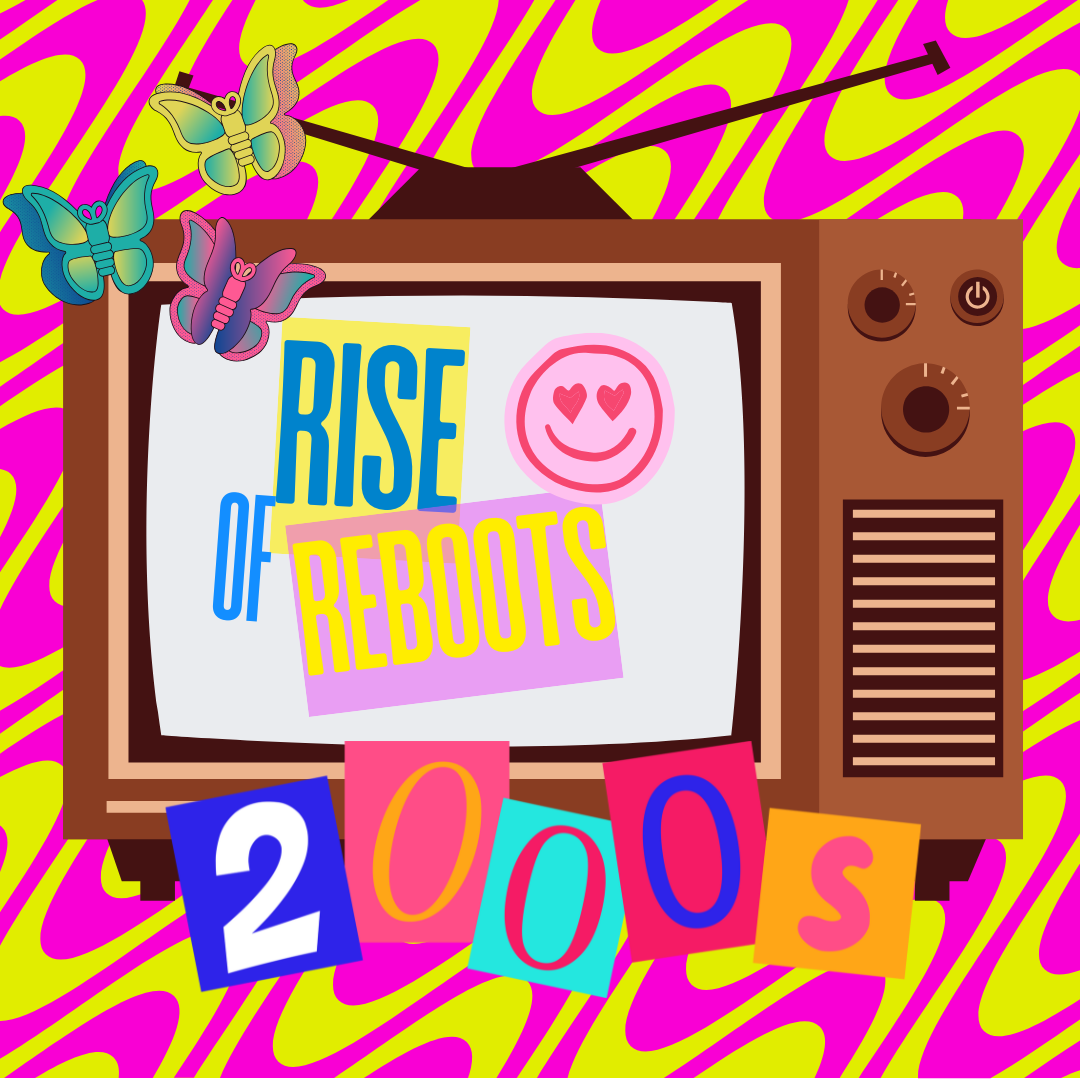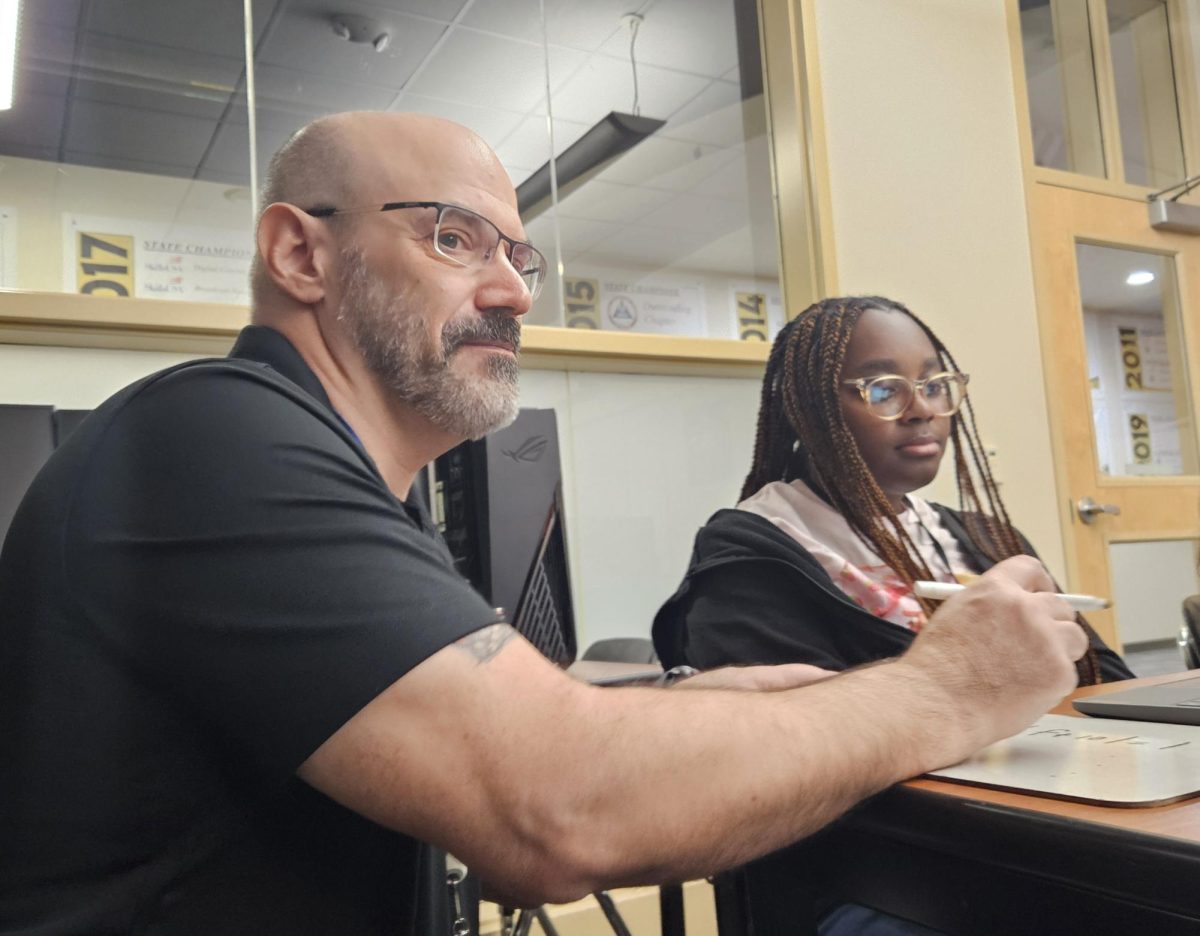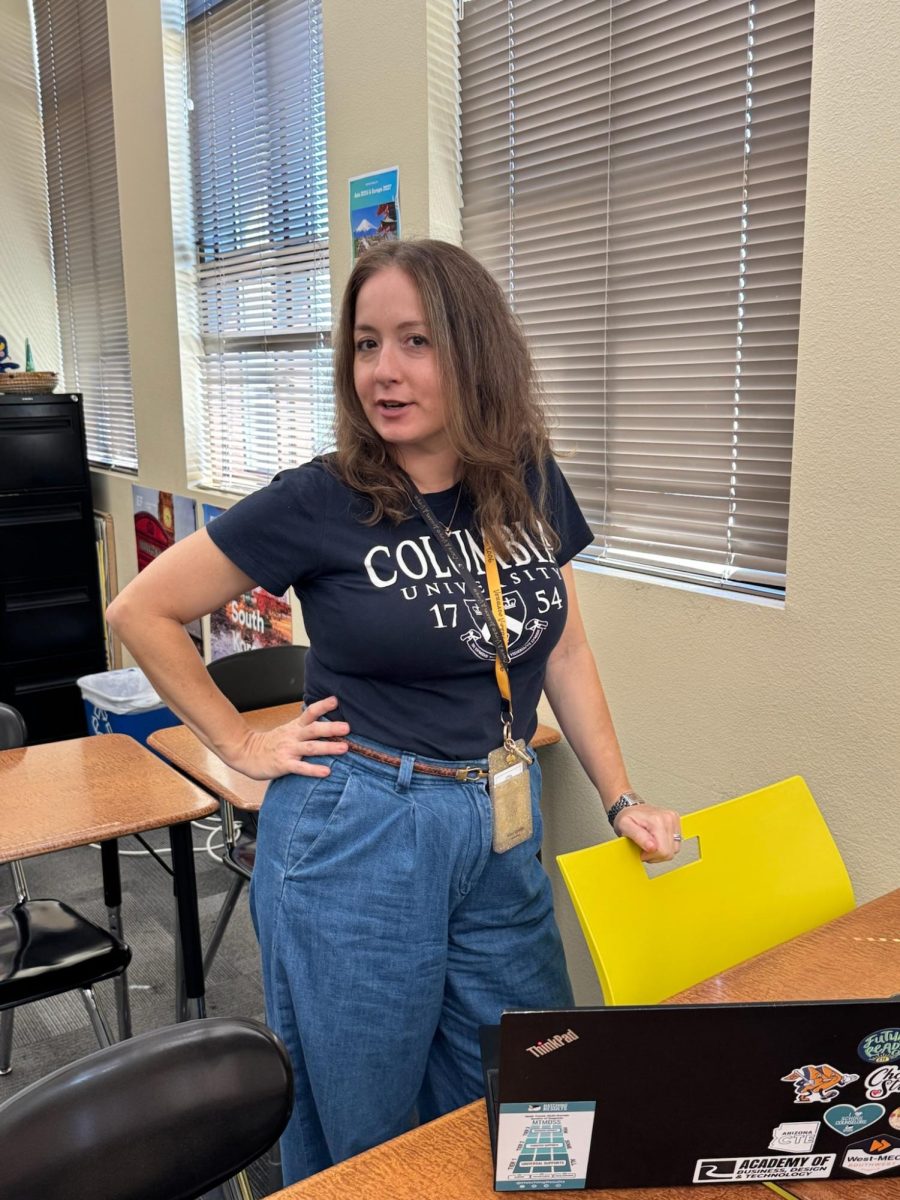If you’ve been scrolling through Netflix, Disney+, or even YouTube lately, you’ve probably noticed a trend: nostalgia reboots are everywhere. Shows like iCarly and Fuller House came back after years off the air, Disney keeps releasing live-action versions of classics like The Lion King and Mulan, and even older movies like Scream and Clueless are getting new versions. At first, it’s exciting, seeing characters and stories you grew up with is fun and comforting. But after a while, you start to wonder: do we really need all these reboots?
Studios have a pretty simple reason for all the reboots: they make money. People already know and love the characters, so they’re more likely to tune in. Fans of the originals get to relive their childhoods, while younger viewers are introduced to stories they may have never seen before. For example, watching Carly, Sam, and Freddie back on screen is nostalgic for teens who grew up with iCarly, but it also gives new fans a chance to enjoy the show for the first time. Reboots are designed to appeal to everyone, old fans and newbies alike, which is why Hollywood keeps pushing them.
Another reason reboots are so popular is that they’re emotionally powerful. Nostalgia has a way of making people feel warm and happy. Seeing old characters return can bring back memories of simpler times, like middle school, summer vacations, or just sitting on the couch binge-watching TV. This emotional pull makes studios confident that reboots will get viewers talking, and that’s exactly what they want.
The problem is, not every reboot is successful. Some feel rushed, poorly done, or just too different from the original, and fans notice. The live-action Powerpuff Girls reboot, for instance, was scrapped before it even aired because people didn’t like the previewed version. And then there’s the Charlie’s Angels remake, which barely made a splash and quickly got forgotten. These examples show that Hollywood can sometimes rely too heavily on old ideas instead of creating something new. When a reboot doesn’t meet expectations, fans often compare it to the original, and it rarely comes out on top.
Of course, some reboots do it right. Cobra Kai, the continuation of The Karate Kid, is a great example. It respects the original movies while introducing new characters, modern storylines, and relatable teen drama. This balance makes both longtime fans and new viewers happy, showing that reboots can succeed if they bring something fresh to the table. Other reboots, however, feel unnecessary, like they’re only being made because studios see dollar signs and not because the story really needs it.
So, while nostalgia reboots are fun and sometimes hit the mark, they aren’t always necessary. It’s exciting to see familiar faces again, but constantly looking back might make Hollywood lazy. Instead of only revisiting old favorites, studios could focus on creating new movies and shows, stories that today’s teens will grow up loving and maybe even feel nostalgic about one day. After all, nostalgia is fun, but fresh stories are what keep pop culture alive, interesting, and exciting for the next generation.
In the end, reboots will probably never go away, they’re too profitable, too comforting, and too emotionally appealing. But maybe we don’t need every single show or movie from the past to come back. Sometimes, it’s better to enjoy the memories of what we loved before and look forward to what’s coming next.


